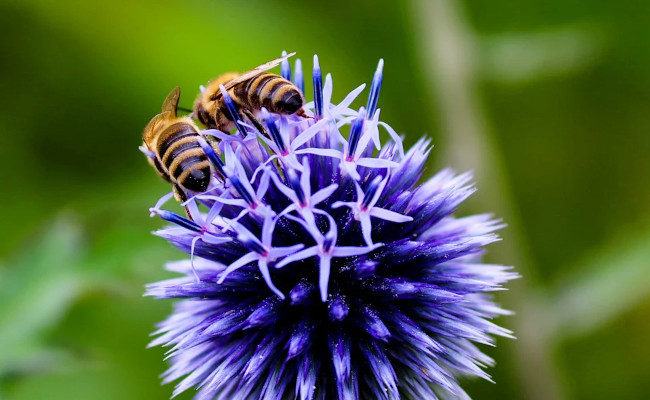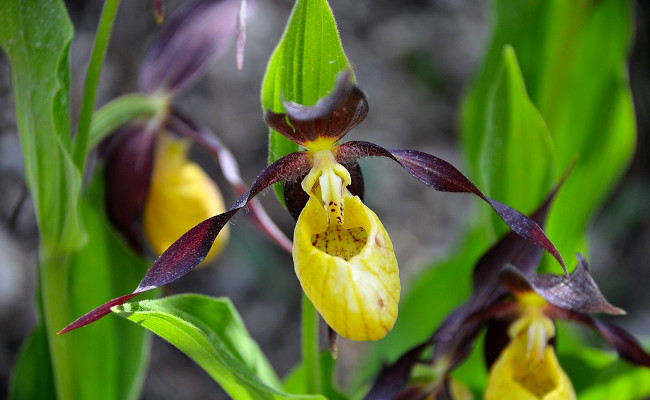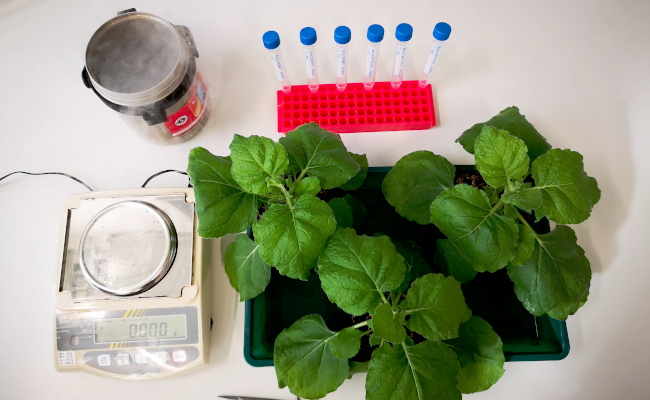Research field of Ecology of Plants
Ecology of Plants
The "Ecology of Plants" team focuses on the ecology and evolution of flowering signals and of interactions between plants and their pollinators. Since most plants depend on pollinators for sexual reproduction, animal pollination is an important process in terrestrial ecosystems. In addition, many crops, such as apples and cherries, are pollinated by animals, making biotic pollination also of tremendous economic value. Identifying floral scents, deciphering their importance in attracting pollinators, and studying the effects of polyploidization and climate change on floral scents represent a main research focus. Additionally, we work on ecological successions in the forefield of the Ödenwinkelkees glacier (National Park Hohe Tauern), which leads to (multi-)diverse and stable ecosystems.

Research Field of Evolution, Systematics and Diversity of Plants
Evolution & Systematics of Plants
Species and populations are shaped by evolutionary and ecological processes occurring at different spatial and temporal scales. Deciphering these processes is not only key to understanding current patterns of biodiversity and organism-environment interactions, but also informs our ability to predict the adaptive potential of species to respond to global change, as likewise required for establishing efficient conservation measures. On this backdrop, and rooted within the fields of Plant Molecular Phylogenetics, Phylogeography, and Molecular Ecology, our research addresses evolutionary and ecological questions above, at, and below the species level to gain insights into the spatio-temporal patterns and processes underlying plant diversity, evolution, and trait adaptation. To this aim, we combine DNA-sequencing/genomic tools and analyses of phenotypic (e.g. morphometric, eco-physiological) variation with field-/lab experiments and biostatistical approaches. Our main study areas include the dynamic environments of several of the Earth’s biodiversity ‘hot-spot’ regions (e.g. European Alps, Mediterranean Basin, Madagascar, East Asia) but also a respective ‘cold-spot’, namely Antarctica.

Research field of Physiology of Plants
Physiology of Plants
Molecular plant physiology investigates the effects of environmental conditions on the morphology and function of plants. It wants to develop causal explanations through quantitative measurements. These include biochemical analyses, determination of cellular metabolites, investigations of regulatory processes and modern microscopic technologies. With the help of mutants, plants with altered gene expression and transcriptome sequencing, hypotheses about function are tested and models are developed. Molecular plant physiology provides an important basis for the breeding of plants for the future.

Follow the Department of Environment and Biodiversity








